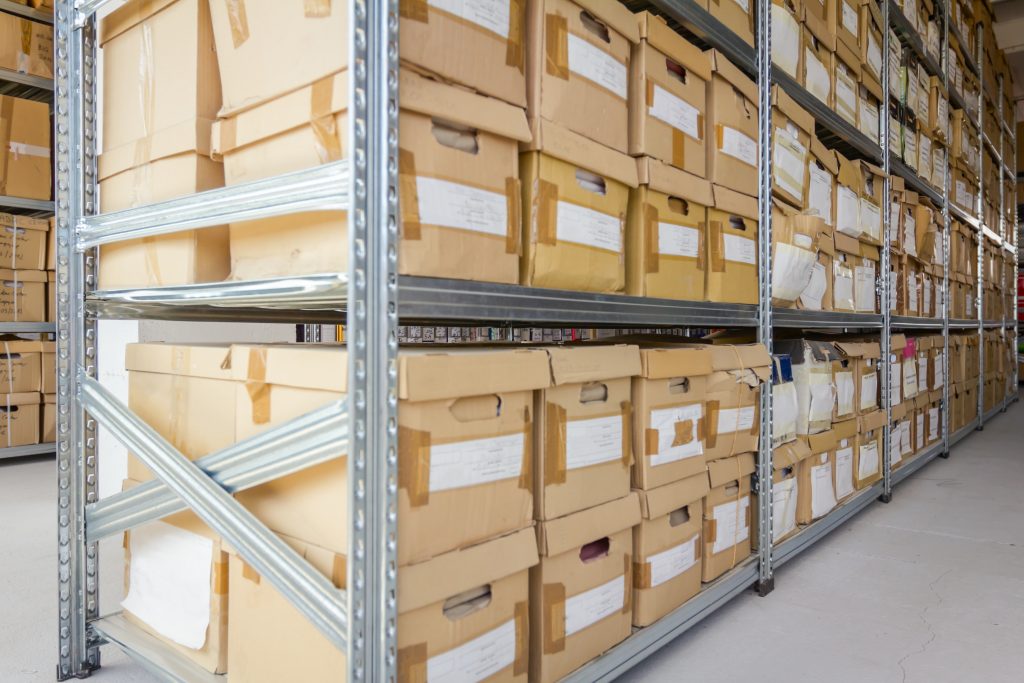Despite the wealth of data our computers store, an enormous volume of paper is still produced by consumers and businesses. This paper ends up in desk drawers, filing cabinets, and storage boxes, creating a disorganized workspace. We often want to get rid of excess paper documents but feel compelled to ask the question “What if I need this paper again someday?”
If you are unsure which documents to keep and which to send to the shredder, follow this guide to make sure you always have the most important documents on file while keeping your data safe and your office organized.
Documents to Keep (For Now)
There are a few documents you should keep forever—birth certificates, Social Security cards, trademarks—but many should eventually be shredded.
- Tax documents: Generally, keep these for seven years before shredding. While the IRS normally has three years to audit you, it has up to seven years under certain situations. The Federal Trade Commission (FTC) has an itemized list of what to do with different kinds of tax records. If you are unsure of what tax records to keep, consult with an accountant or call IRS Taxpayer Assistance.
- Bank statements, pay stubs, and medical bills: Shred them after one year unless you have an unresolved dispute with one of these vendors.
- Employee onboarding files (W-4 and I-9s): Hold on to these for four years after an employee leaves your organization.
- Contracts and legal documents: Maintain all legal correspondence. Only shred former client contracts seven years after they end.
Documents to Shred
Much of the paper contained within a home or office is safe to be shredded as soon as it is no longer of use. If a non-essential paper has any sensitive data pertaining to you or your business’s in your best interest to dispose of it quickly. Anything you don’t want to be public should be shredded.
- Bills: These can go to the destroyed as soon as they’re paid.
- Receipts: Destroy ATM and retail receipts right away unless they are related to taxes, insurance, or warranties.
- Work-related papers: Shred anything with username, password, and signature or account number as soon as you no longer need it.
- Expired credit cards: Just because a credit card is outdated doesn’t mean identity thieves can’t draw information from it—shred unwanted credit cards immediately.
Shredding can be simple and secure when you partner with a professional data destruction service.




